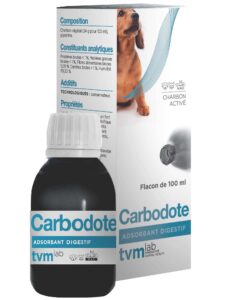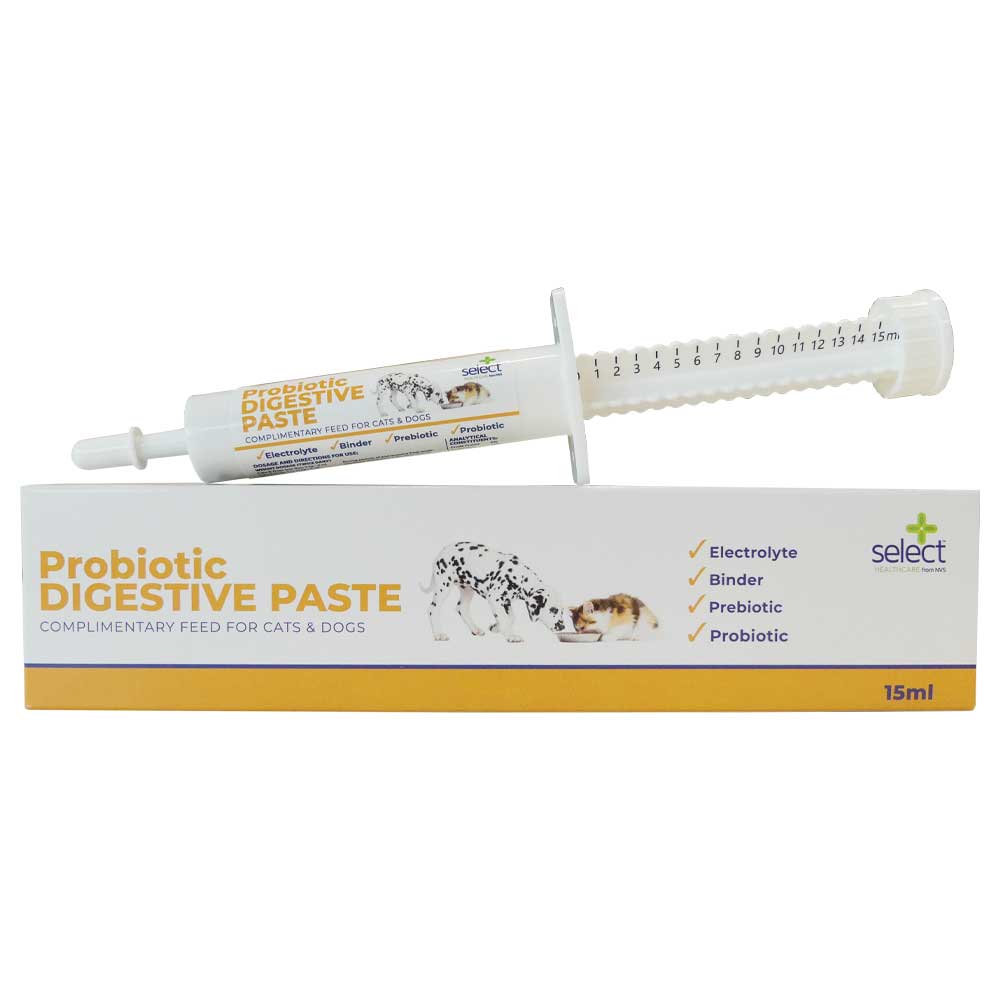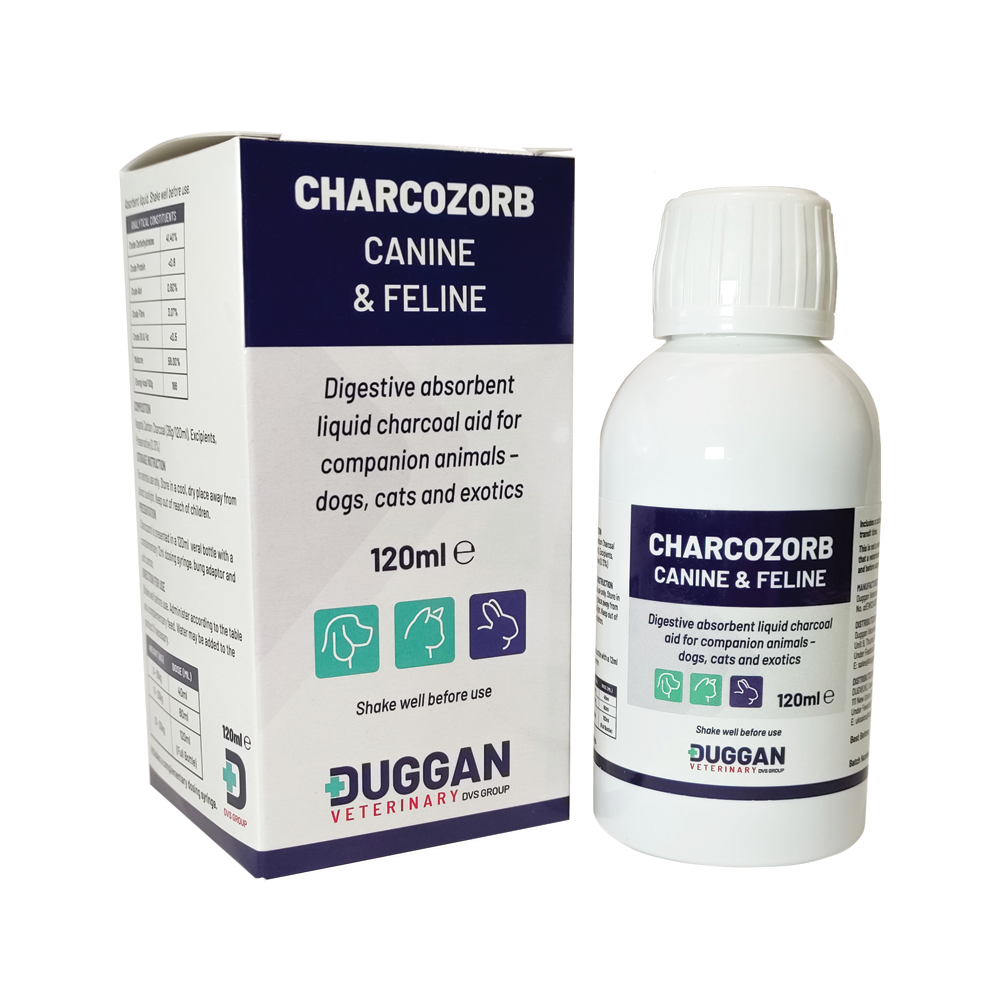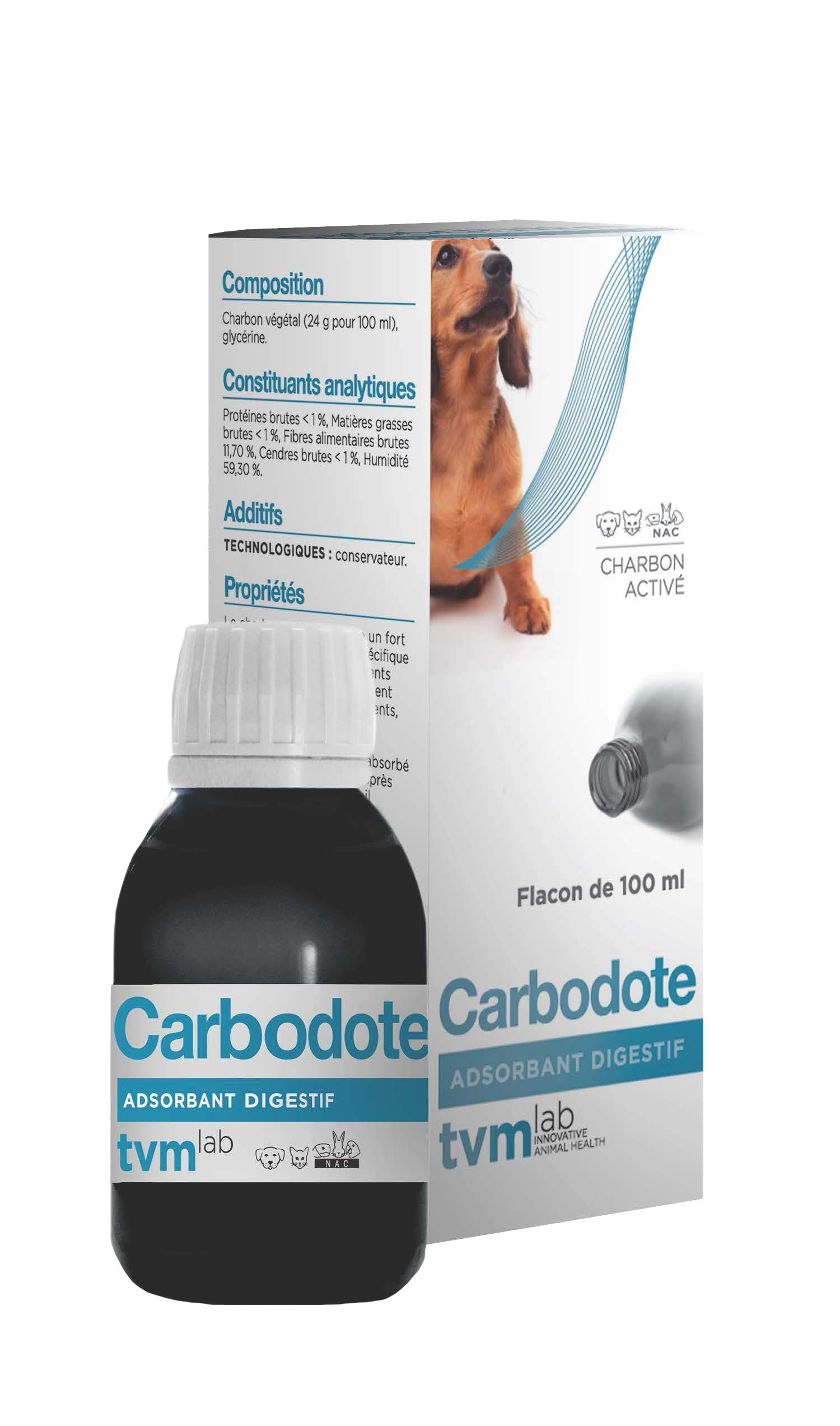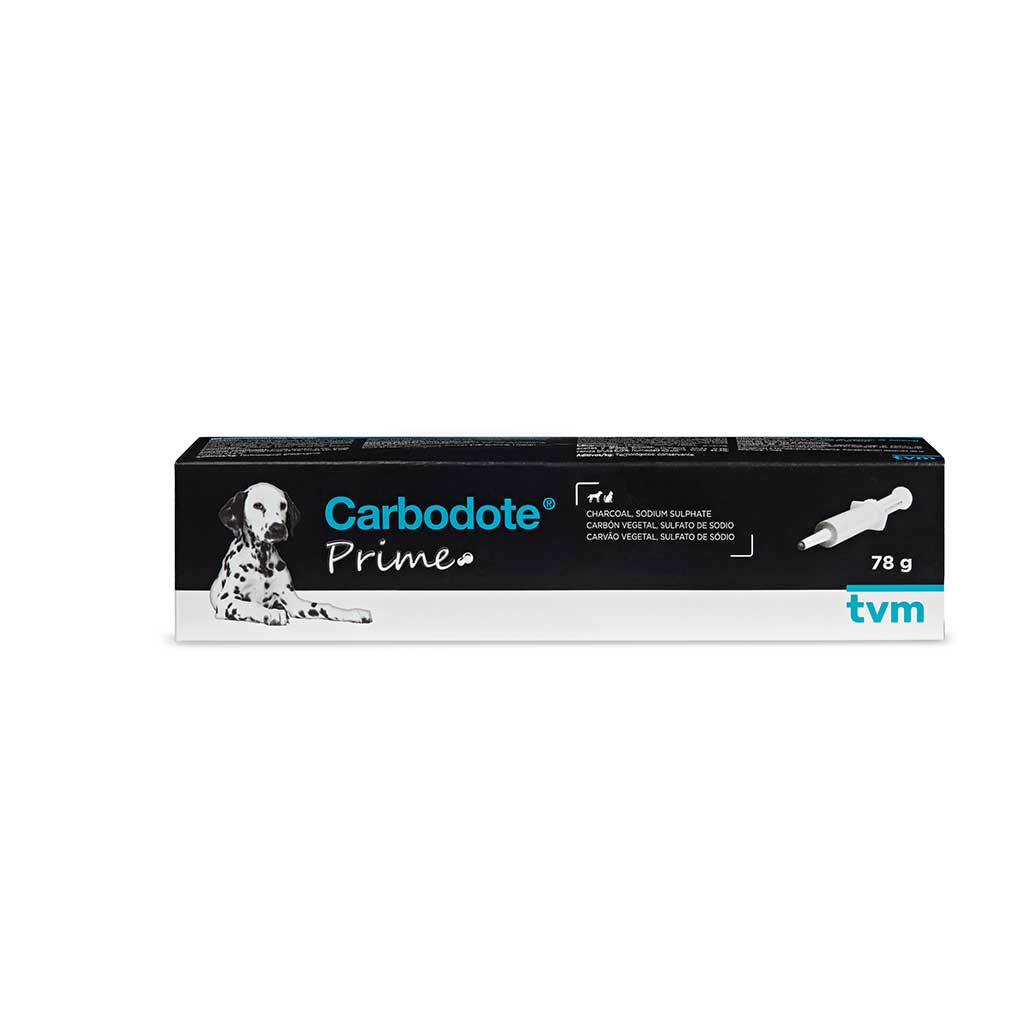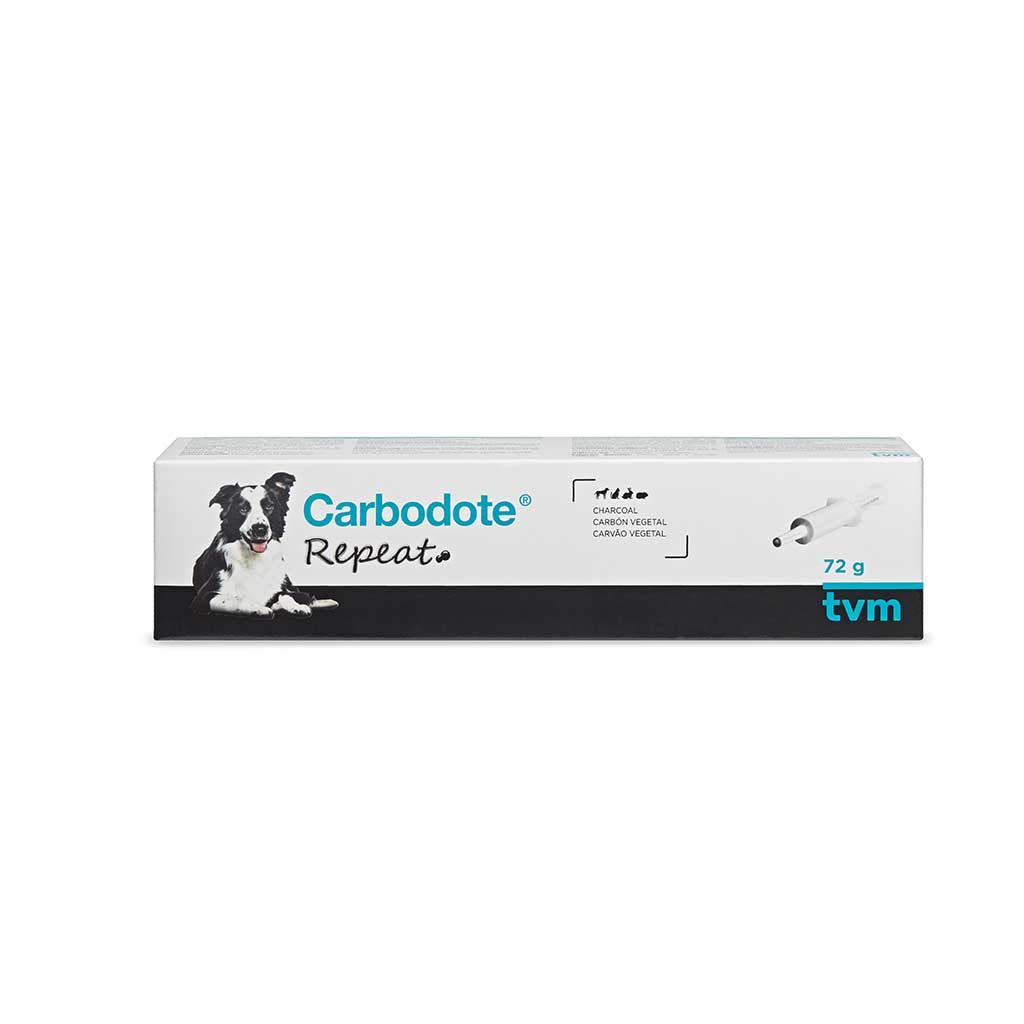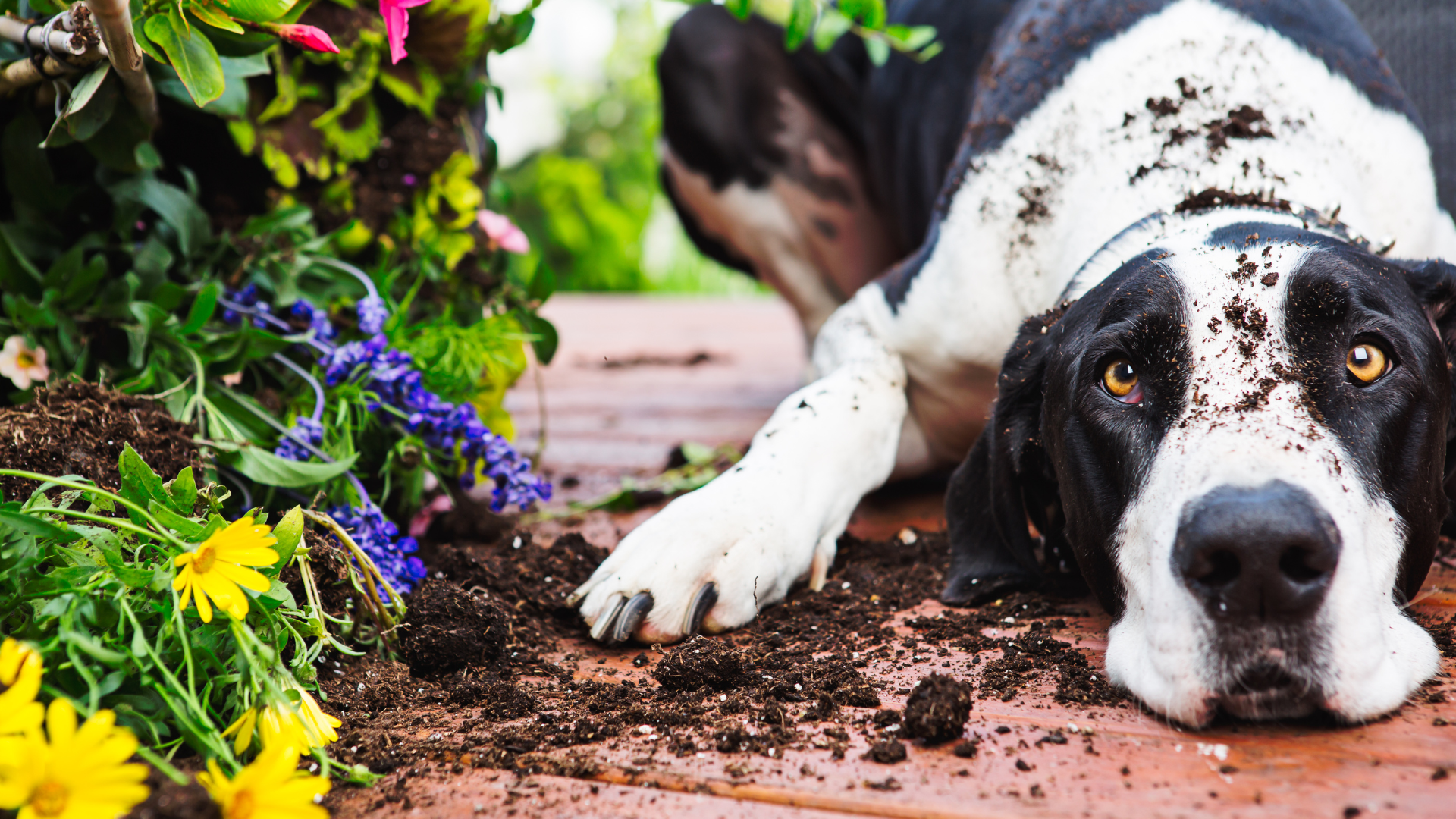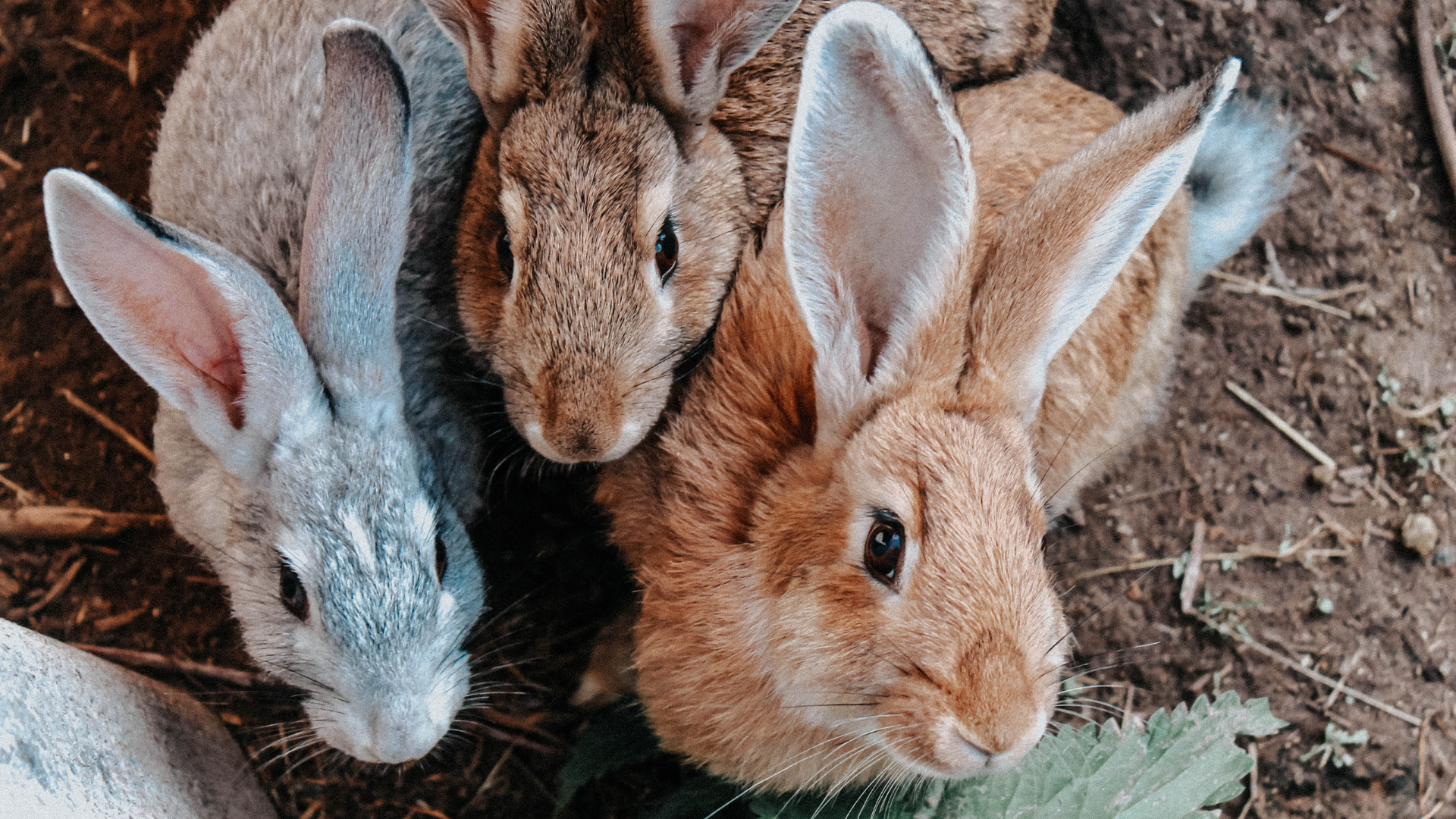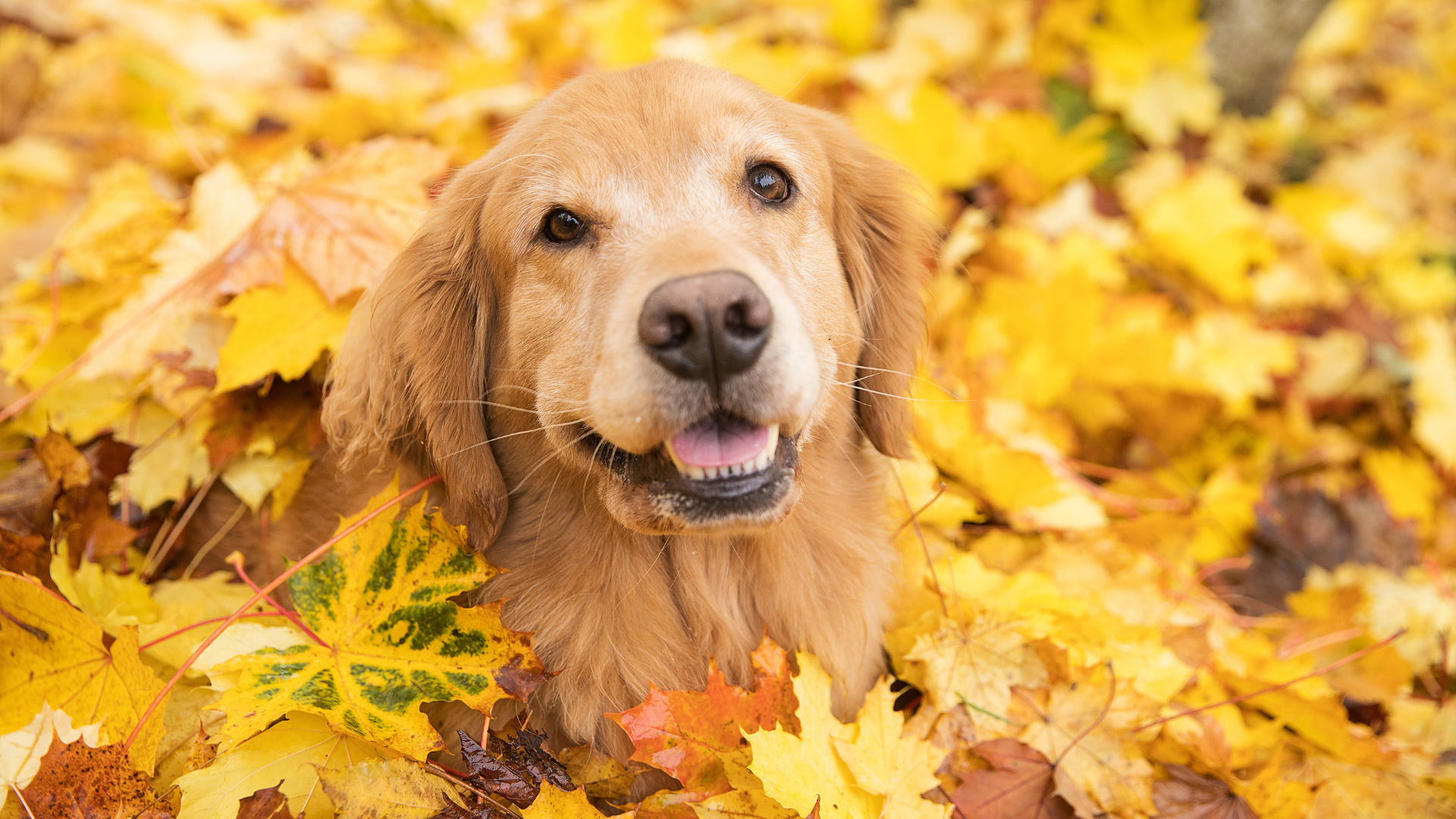
Autumn is a critical season for pet owners to be vigilant about potential pet poisons. It’s a time when we need to take extra steps to ensure our homes are safe for our furry friends and that they steer clear of hazards that could harm them.
As our pets go about their daily business, whether on walks or in our homes and gardens, they may encounter various seasonal dangers:
Antifreeze: This common automotive product contains Ethylene glycol, a substance that’s harmful to both humans and pets. Even a tiny teaspoon of it could be deadly for a cat, while just a tablespoon can lead to kidney failure in dogs.
Conkers & Acorns: These contain a chemical called aesculin, which can be toxic to dogs. Symptoms of poisoning may appear at any time between one and six hours after swallowing, and smaller dog breeds can face the risk of intestinal blockages.
Plants & Flowers: Many plants and flowers can be poisonous to pets, look out for seasonal plants and flowers, such as Holly, Ivy, Mistletoe, Poinsettia, Pine Cones and Pine Needles.
Mushrooms: Like humans, pets need to be careful when around wild mushrooms as some can be fatal if ingested. Teaching a dog to avoid all mushrooms with a ‘leave it’ command tends to be the best tactic.
Mouldy Food: Consuming mould-contaminated food can pose a grave risk to pets’ health, as it may contain harmful mycotoxins.
Human Medication: It’s crucial to remember that pets should never be given human medication without a vet’s guidance. Their smaller size makes them more vulnerable to overdosing, and dogs, in particular, can be notorious for getting into medication packets, potentially putting their lives at risk. Moreover, many human medications can be toxic to pets, for example, paracetamol can prove deadly for cats.
And of course, as we head into the festive season, there are lots of delicious chocolate and sweet treats for us humans to enjoy, not so good for our furry friends though:
Chocolate: Toxic to both cats and dogs and the higher the cocoa content, the more toxic it can be. Chocolate contains substances called methylxanthines (theobromine and caffeine) which the human body can process, but a pet’s body can’t deal with them in the same way.
Raisins, currants, and sultanas: This type of dried fruit can often be found in treats such as mince pies, Christmas cake and Christmas pudding, but these seemingly harmless baking ingredients can cause kidney failure in dogs.
Xylitol: Also known as ‘E-Number E967’, xylitol can be found in many foods such as sugar-free confectionary, ice cream, chewing gum and baked goods. If ingested it could cause a sudden, life-threatening drop in blood sugar. A large dose can also cause severe damage to the liver and even liver failure.
Our top pick of products to help with digestive distress:
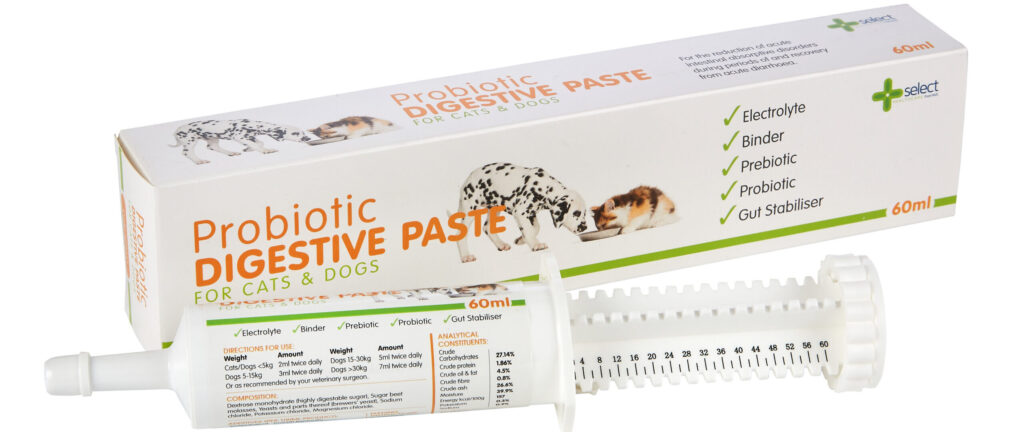
Select Healthcare Probiotic Digestive Paste for Cats & Dogs
A multi-ingredient advanced formula with montmorillonite, pre and probiotics to help quickly restore normal digestive function and firm stools. Available in a convenient oral syringe for easy application.
Carbodote Oral Suspension
Carbodote is a solution formulated specifically for dogs, cats and exotic animals. Carbodote is an activated charcoal-based oral suspension for use following the digestion of undesirable substances or in case of intestinal discomfort.
